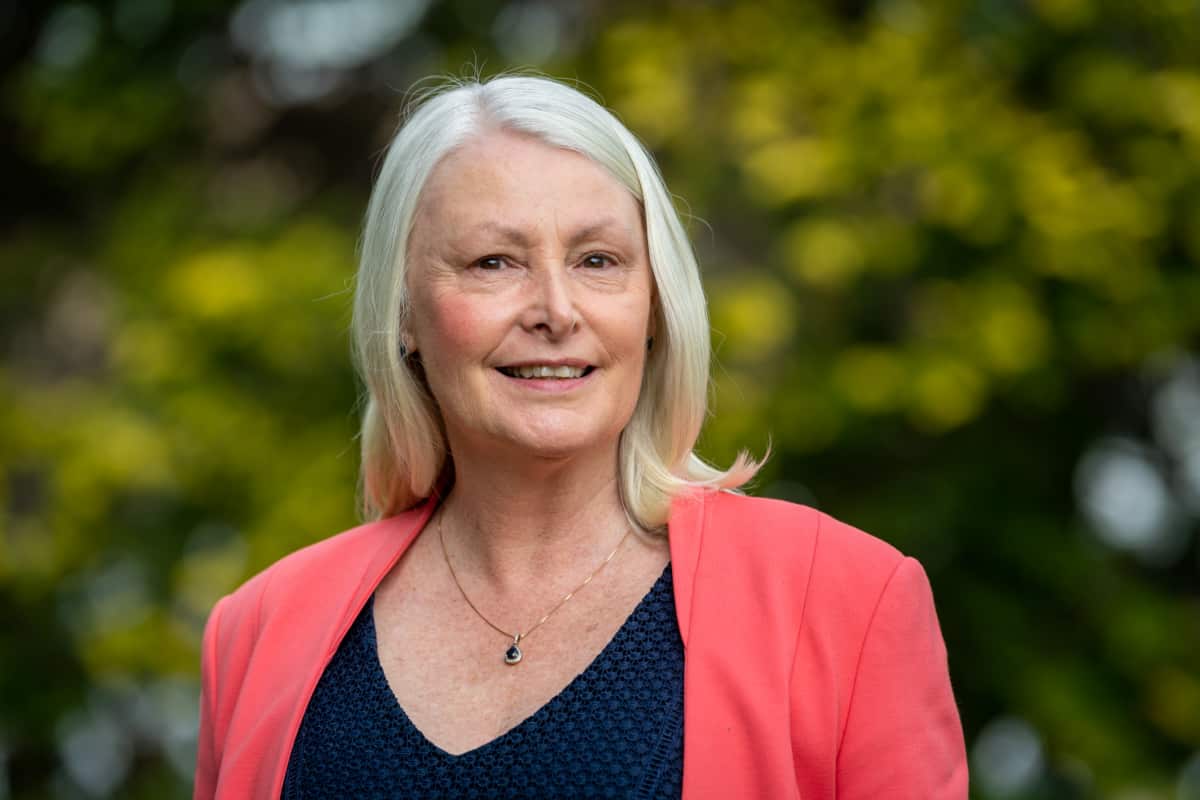Thirty-five years after trading in her metronome for a calculator, Sydney Catholic Schools educator Dr Christine Mae has been recognised by the Educator’s annual Hot List, acknowledging and celebrating professionals who represent the cutting edge of educational excellence in Australia.
The Educator Hot List, now in its fifth year, selects 75 professionals from “an overwhelming number of nominations”, recognising their “invaluable contributions to the K-12 education sector over the past 12 months”.
The winners, states The Educator, “demonstrate excellence in linking theory and practice, and designing and implementing innovations that provide students with high-quality educational experiences, during these unprecedented times”.

Dr Mae, an Education Officer: Mathematics and Numeracy K-12 at SCS, was acknowledged not only for her dedicated service to the academe, but for her contributions to two initiatives which The Educator claims “have advanced innovation for the entire education industry, especially in the area of mathematics”.
However, mathematics wasn’t always Dr Mae’s area of study. She started out as a music teacher in 1984 at St. John Bosco Engadine and discovered her interest in maths when she would frequently cover classes as a substitute teacher.
“The catalyst in my shift from piano to mathematics was the experiences of my four children,” explained Dr Mae.
“They were very capable but not always well-taught in their mathematics studies.
“I changed my career pathway because I believed a quality mathematics education should not be a matter of luck – we should guarantee it!”

Dr Mae believes that time needs to be invested in teachers to ensure they are confident in what they are teaching, allowing them to better pass on the information to students and adapt lessons as needed.
“What we’ve found is that when time is limited, less confident teachers would avoid teaching maths or spend enough time on lessons,” Dr Mae said.
“We want to make sure that all teachers have the confidence and skill to teach Maths.
“Getting a teacher who is good at teaching Maths shouldn’t be a matter of luck.”
“When my children were at school, some years one might get a good Maths teacher and the others might not. Getting a teacher who is good at teaching Maths shouldn’t be a matter of luck.”
Studies on the impacts of numeracy skills show that it prepares students to engage actively in society, with links between numeracy levels and future outcomes, including likelihood of full-time employment, physical and mental health and more.
“The Organisation for Economic Development (OECD) recommendations for Maths are clear,” says Dr Mae. “Let’s act on them.”
Dr Mae and the Sydney Catholic Schools team recommend four points for parents and carers to help and support their children to become increasingly numerate. Parents should:
- Model and encourage positive attitudes towards numeracy and mathematics.
- Notice, explore and talk about mathematics with their children.
- Work in partnership with the school to support and encourage children to set and strive for goals
- Be informed about and understand how their child is learning mathematics, their child’s current level of numeracy development and what they need to do to improve their learning.
When parents, teachers and schools work together, Dr Mae believes that every child can excel in maths and experience the benefits for the rest of their lives.
“When someone says ‘I’m not good at maths,’ we like to say ‘yet’. I’m not good at maths- yet.”
Related Articles
